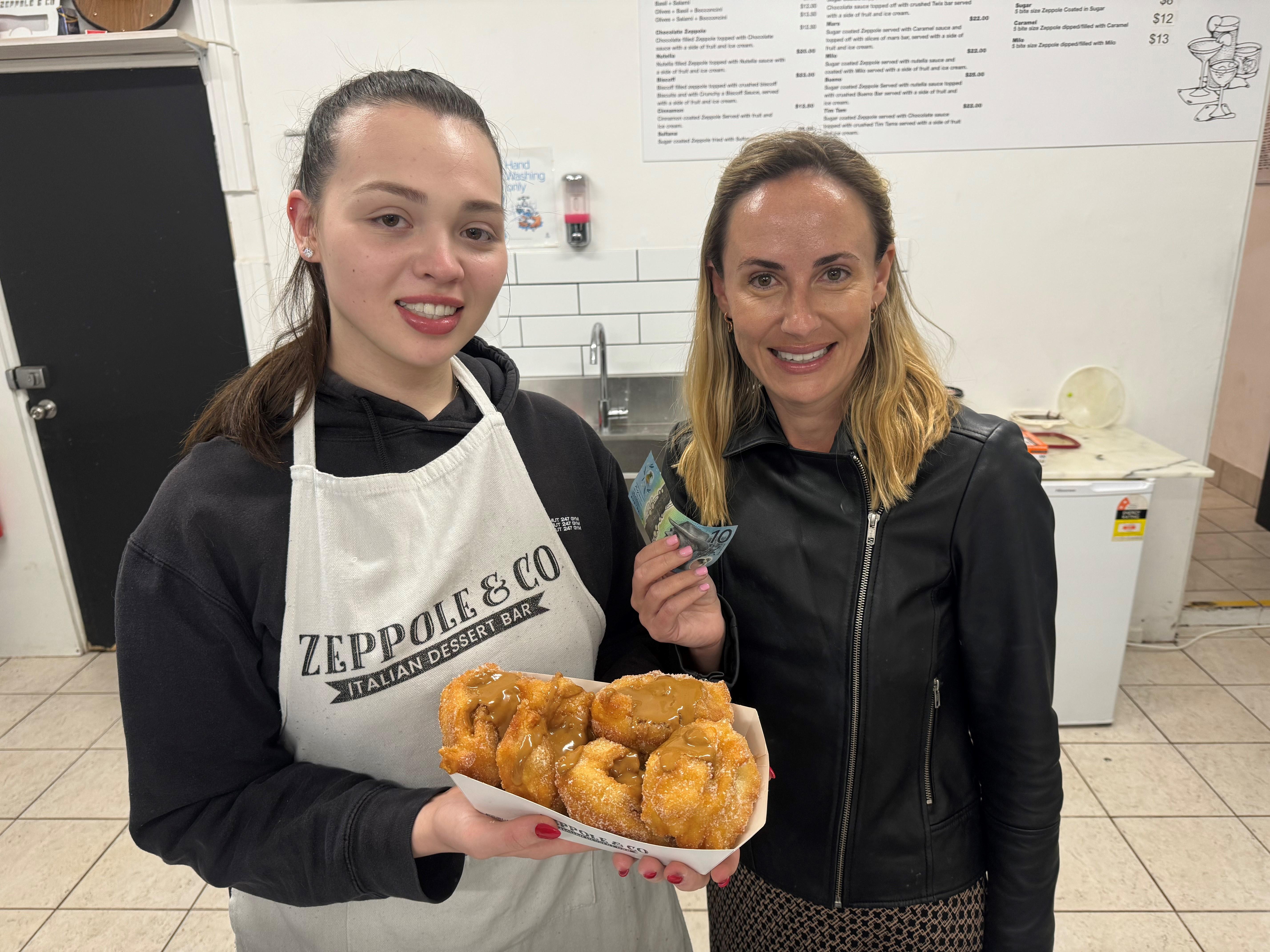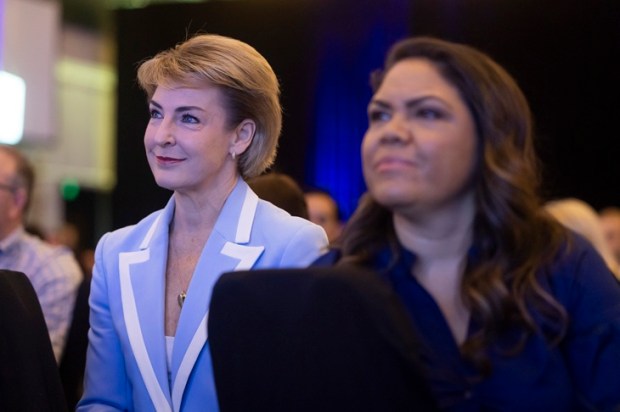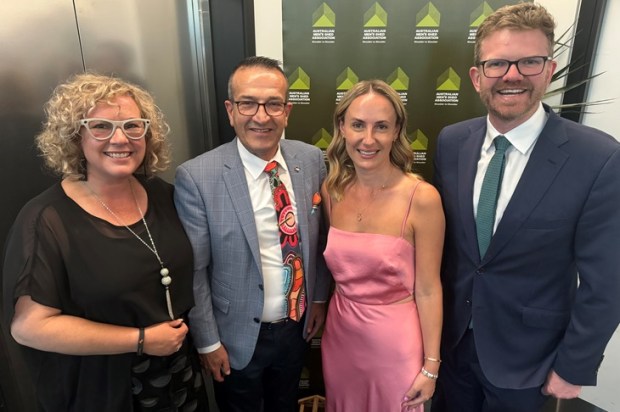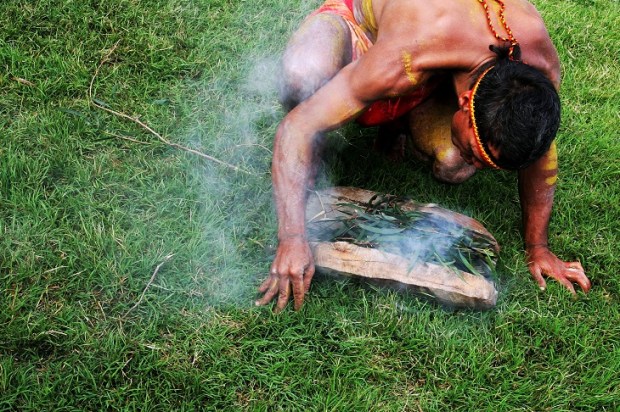It’s one thing for retailers to go cash-only, but quite another for taxpayer-funded government agencies to blithely adopt the same policy.
This unwelcome trend is spreading – or sprinting, given its rapid uptake – across South Australia, and my office has been inundated with responses since I started attracting publicity for my ‘campaign for cash’.
My Public and Audit (Cash Payments) Amendment Bill 2024 was sparked by a string of alarming examples of cash being refused as legal tender in government agencies in South Australia.
Earlier this year, I alerted our State Labor Government to the case of a consumer who was refused service at the misleadingly named Services South Australia outlet in the thriving Adelaide Hills centre of Mount Barker.
Their mistake? Attempting to use cash to pay their vehicle registration fee.
This is an example of a practice that would be outlawed via my Bill, but it also goes to the broader picture of what is an insidious trend of government bullying, monitoring, and ultimately control.
And it all starts with cash.
Why? Cash remains the most practical and important peer-to-peer monetary vehicle because cash doesn’t discriminate – unlike some government agencies.
My Bill would compel designated authorities, including South Australia’s 68 councils, to accept payments of legal tender – in the form of cash – for any transaction under $10,000.
Perhaps the best way to explain the upside of my Bill is to give practical examples and extrapolate the possibilities of life without cash. These are possibilities that, without action, appear inevitable given the rapid rate at which cash is being pushed out the door and wholly electronic personal banking, purchasing, and selling is being shoved down our collective throats.
These examples – derived from the feedback I referenced earlier – include councils declining cash from local ratepayers attempting to pay parking fines, or even library fees.
Such irony… People are digging deep to cover ballooning council rates each quarter, then being told to take a hike when attempting to pay council charges with cash.
I visit South Australia’s rural and regional areas regularly, and via these trips – and subsequent communications with community members – I’ve learned that some residents prefer to pay council rates in cash.
In an effort to make their $2,000 or $3,000 (or more) annual rates charges more manageable on often-tight personal budgets, and amid a broader cost-of-living crisis, they squirrel away a certain amount of cash per week or fortnight, and keep it in a safe place.
Why shouldn’t they be allowed to pay cash?
In the Services South Australia example, preventing people from renewing their driver’s licence because their cash wasn’t accepted could easily lead to hapless motorists driving around the streets unlicensed, and worse, uninsured.
If allowed to continue and expand, this ‘no-cash’ trend could (and would be wide-reaching, given Services South Australia undertakes millions of critical and compulsory transactions every year.
Why is legislating to protect the right of South Australians to pay in cash such a big deal?
Right now, government authorities and service providers could go cashless overnight.
No legislation exists to stop it. It’s that simple.
My feeling is that if these authorities and bureaucracies are given a chance to eliminate cash, they will. They see it as part of their progressive mission. Their higher calling…
My Bill is spelt out in black and white, and I’m now seeking the support of my fellow Upper House members to make these amendments and ensure government authorities must accept cash payments under $10,000.
But I want to be very clear: I also believe cash should be even more widely accepted.
Cash should be accepted for amounts over $10,000 in government agencies, and I believe banks and private businesses have some responsibility to ensure cash doesn’t die.
Firstly, with reference to banks, it’s widely recognised that our transition to a digital economy is disproportionately affecting rural communities.
This phenomenon led to the Bank Closures in Regional Australia Report, which followed the closure of 700 bank-owned ATMs and 400 branches in 2023 alone, and which referenced the economic and social impacts of bank branch closures, including the removal of face-to-face cash services.
I believe banks have an obligation to provide services to their communities, including and especially rural communities.
Due to the closure of bank branches, rural customers are being forced to travel long distances to remaining banks to access their own money.
To add insult to injury, people forced to use other banks’ ATMs – because their bank has left town – also get charged for the privilege of accessing their own cash, despite having no choice in the matter.
In addition to supporting the right of people to use cash, I also support their people’s right to access their cash – without being expected to travel unreasonable distances.
If banks stop customers from accessing their cash, they effectively stop them from using cash.
One Nation trusts neither government nor the banks to make decisions about what method people adopt to spend their money.
There’s a relentless drive towards a cashless society, but we’re pushing back against that and I’m happy for this Bill to be interpreted as us drawing a line in the sand.
I’m prepared to fight for the rights of people to use cash.
In introducing this Bill, I’m also urging private businesses to seriously consider their positions on cash.
One Nation encourages all South Australia businesses to accept cash when and where possible.
I believe accepting cash can be an operational advantage for many businesses, and in fact some have actually gone ‘cash only’ because they’ve had so many problems with digital payments.
I discovered this when I recently patronised an Adelaide-based Italian dessert bar, Zeppole & Co., which went ‘cash only’ some time ago.

No surcharges for customers. No instances of banks being the only winners (I was actually the winner that night, being exposed to the delicious fried-dough world of Zeppole for the first time).
At this point, we haven’t yet been able to legislate to protect people’s rights to use cash when dealing with private businesses – that’s more difficult and much less straightforward, and perhaps a different ethical question.
But be in no doubt – this is a battle we’re willing to fight.
Our position is that at the end of the day this is about consumer choice, and introducing this Bill is a clear signal that we will do whatever we can to protect that choice, and to defend society against this creeping attack on our freedoms.
In aiming to preserve that freedom to use cash, I am also reminding my fellow members of the need to protect ourselves – as a society – from the vulnerability of IT systems going down, as illustrated by the July 19 Crowd Strike incident, that temporarily brought the working economy to a screeching halt.
For example, the outage caused Coles supermarkets in Rundle Mall to accept cash payments only, while Woolworths closed their self-serve checkouts. Many people who do their grocery shopping after work were unable to pay for their goods due to the worldwide outage.
Government services, including SA Power Networks and SA Water, were also significantly impacted by the Crowd Strike outage. Maybe these crashes are actually a good thing, reminding people of what total IT reliance looks like.
I have previously used my position to flag the ‘war against cash’, and have warned of a government goal to eliminate cash and replace it with Central Bank Digital currencies (CBDCs).
This unlocks the ability for government to track every transaction, and ultimately to block use of funds in that system. If that sounds far-fetched, ask our Canadian truck driver friends, all but economically cancelled by their government for daring to protest a couple of years ago.
We live in an age of ever-expanding data collection, much of this harvested without our meaningful and explicit consent.
We’re monitored more than ever, and even the topics of casual conversations somehow pop up moments later on our social media feeds.
It’s time to start taking back our privacy and freedom of choice.

























